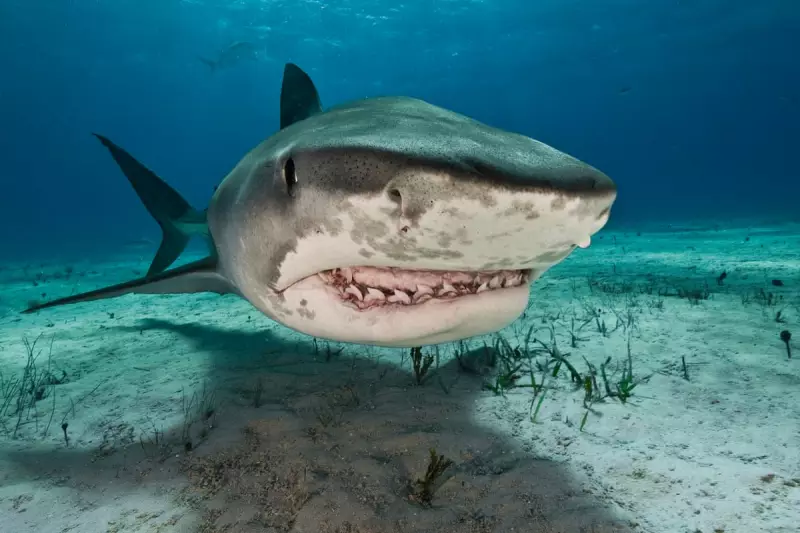
In a dramatic race against time, Caribbean scientists are deploying cutting-edge DNA technology to unravel one of the ocean's most devastating mysteries: a lethal 'fish killer' algae that's turning vibrant coral reefs into underwater graveyards.
The Silent Killer Beneath the Waves
Across the crystal-clear waters of the Caribbean, a microscopic menace is wreaking havoc on marine ecosystems. Scientists have identified a previously unknown species of algae that releases powerful neurotoxins, causing mass fish deaths and threatening the entire food chain.
"We're witnessing an ecological emergency unfolding in real-time," explains Dr Maria Flores, lead marine biologist on the research team. "This isn't just about losing pretty fish - we're watching entire ecosystems collapse before our eyes."
Shark DNA: The Unlikely Hero
In an innovative approach, researchers are turning to the region's apex predators for answers. By analysing shark DNA and tracking their movements, scientists are mapping the spread of the toxic algae in unprecedented detail.
- Sharks act as 'living sensors' swimming through affected areas
- DNA analysis reveals exposure levels and contamination patterns
- Movement tracking identifies algae hotspots and spread vectors
The Culling Controversy
The crisis has sparked intense debate among scientists and conservationists. Some researchers are advocating for targeted culling of infected marine life to contain the spread, while others argue this approach could cause more harm than good.
"We're walking a tightrope between intervention and preservation," admits conservation specialist Dr James Robertson. "Every decision carries enormous consequences for the future of Caribbean marine life."
A Global Warning Signal
Beyond the immediate Caribbean crisis, this phenomenon serves as a stark warning about the vulnerability of marine ecosystems worldwide. Researchers believe climate change and warming waters may be creating ideal conditions for such toxic algae to thrive.
- Rising sea temperatures accelerate algae growth
- Pollution runoff provides additional nutrients
- Changing currents spread contamination faster
As the international scientific community mobilises, the Caribbean research offers both a cautionary tale and a blueprint for future marine conservation efforts. The race to save these precious ecosystems continues, with shark DNA providing the crucial intelligence needed to fight back against this invisible threat.





